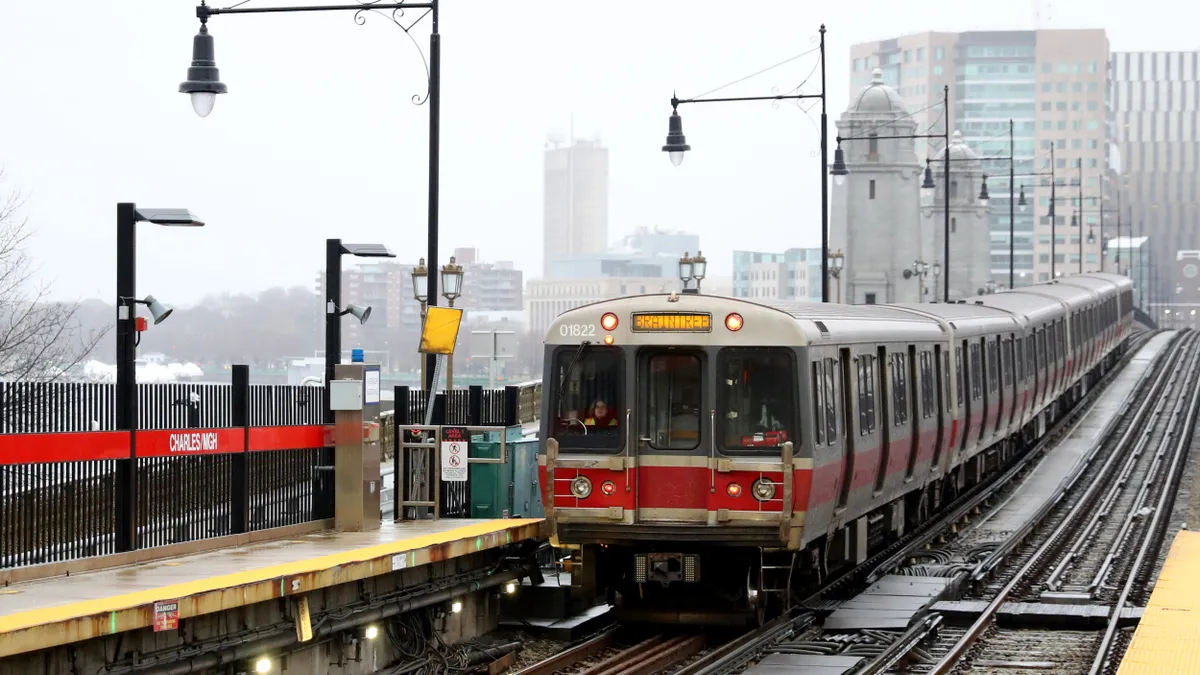Massachusetts State Rep. William Straus filed legislation this week to separate control of most commuter rail and ferry services from the Massachusetts Bay Transportation Authority, which is also responsible for Boston-area light rail, subway and bus lines.
The action follows a January report from the legislature’s Joint Committee on Transportation that suggested trimming the MBTA to a bus and rapid transit operating agency. The MBTA would retain control of the Fairmount Line, the only commuter line that operates entirely within the city of Boston.
Last year, the Federal Transit Administration assumed safety oversight of the MBTA following a series of derailments, train collisions and grade crossing fatalities, a rare move the FTA has taken only once previously. The MBTA then shut down one major transit line for 30 days in a maintenance blitz.
The transit agency has also struggled to successfully bring new subway trains online due to repeated problems with safety and manufacturing defects. An initial contract was awarded in 2014 to CRRC MA, an affiliate of CRRC Corporation Limited, a China state-owned enterprise. An additional order was placed in 2016. Rail cars that have been delivered have frequently been taken out of service for safety issues.
“A more targeted, less-broad-missioned T, I think, benefits everybody in the state on a number of different levels,” Straus told the Lowell, Massachusetts Sun.
The January report also recommended transferring responsibility for state safety oversight of the MBTA away from the Department of Public Utilities. The FTA’s final report concluded that the DPU had not “actively engaged” in overseeing the MBTA’s safety management and only “rarely invokes its authority” to order corrective actions.
The MBTA is currently searching for a new general manager following the resignation of the former GM last month. Jeffrey Gonneville now leads the agency as interim general manager. Gonneville has served as deputy general manager since 2017.












